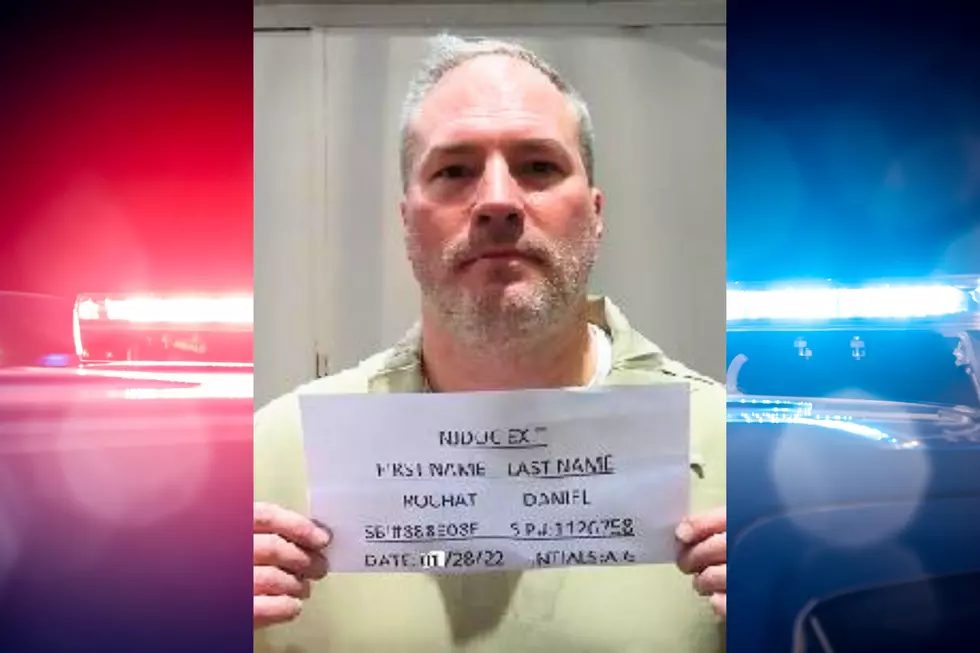
Parole Officer Can’t Ban Sex Offender From Internet, NJ Supreme Court Rules
A sex offender convicted of molesting his three daughters cannot be completely banned from using the Internet, at least not without a fair hearing first, the state Supreme Court ruled Tuesday.
The ex-con challenged the state Parole Board's 2014 decision preventing him from accessing the web for any purpose after he had previously violated the terms of his community supervision for life by looking at online images that "depicted minors in the nude."
The Supreme Court, in a unanimous decision, ruled that the man — who is identified in court papers only by the initials J.I. — is entitled to challenge that ban in a hearing before the board because the Internet restrictions placed on him have to be reasonable and tied to illegal conduct.
The opinion reverses a lower appellate ruling in 2015.
The justices said that access to the Internet is a basic need because most job seekers these days need it to find and obtain work.
"The absolute restriction on J.I.’s access to the Internet may undermine his rehabilitation and hinder his ability to succeed as a free agent in society," according to the court's opinion.
Federal courts have upheld total online bans for sex offenders, but only when offenders “have used or have clearly demonstrated a willingness to use the internet as a direct instrument of physical harm.”
The court in this case noted that the sex offender, while he violated the terms of his supervised release, did not break the law by accessing pornography or illegal materials online.
The court said the Internet restrictions have to “bear a reasonable relationship to the State’s important interests of protecting the public and fostering rehabilitation.”
The father pleaded guilty in 2003 to molesting his daughters. He was sentenced to seven years, which he served at the Adult Diagnostic and Treatment Center in the Avenel section of Woodbridge.
He was subject to three years of mandatory parole supervision and community supervision for life.
Although he was not charged with a new crime, he served a second sting at Avenel from 2010 to 2012 after his parole officer found the nude images, "barely legal" DVDs and "artistic" nude photos of pre-teen girls.
In 2013, his parole officer allowed him to create a LinkedIn profile to aid his job search, but later imposed the ban after he caught the man going on other websites for his church and "Rent to Own."
More From WPG Talk Radio 95.5 FM










